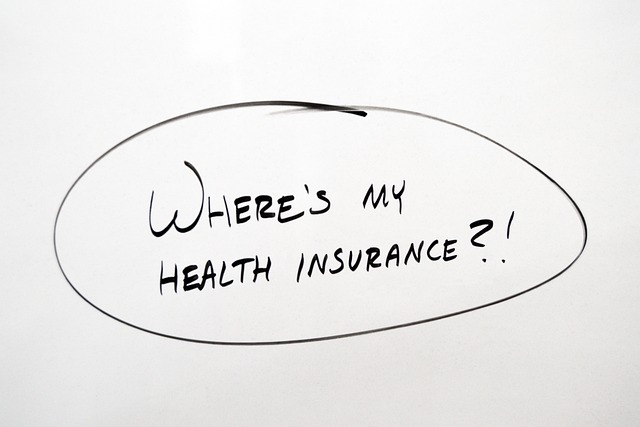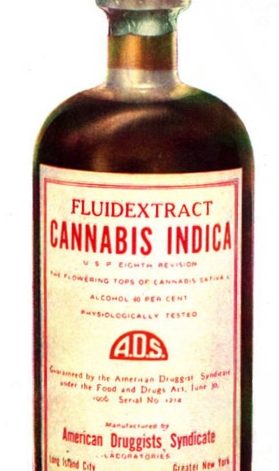From my America Out Loud Pulse podcast with Wendell Potter – https://www.americaoutloud.news/wendell-potter-is-the-insurance-industrys-worst-nightmare/
When I was in law school, the first elective I signed up for was Insurance Law. Unfortunately for the future lawyers of America, this enlightening class had few students. The teacher began with a joke: Farmers paid a claim. The class reinforced my feeling that the insurance industry were indeed as economist Andrew Tobias called it, the Invisible Bankers.
The insurance industry is built on the fact that life is uncertain and insurance will soften the blow of life’s unexpected events. The insurance market in the United States is one of the largest in the world. In 2022, Insurance premiums amounted to $1.48 trillion. The health insurance industry alone had net earnings of $31 billion in profits in 2020. About 8 percent of Americans are uninsured, and of the insured, 65 percent have private insurance and 36 percent have government-sponsored insurance.
We have to remember that insurers are not really in the business to take care of us. They are in the business of making money. Making money is fine, but insurers should not pretend otherwise or hoodwink their customers. They have actuarial tables that project when you will die, whether you will get in an accident depending on the kind of car you have, and so on. The industry is in the business of calculating risk to maximize profits.
Artificial intelligence (AI) is the new bad boy in town. Recently, a class action lawsuit was launched against UnitedHealthcare, America’s largest health insurer. The lawsuit alleged that United used an artificial intelligence algorithm to wrongfully deny coverage under Medicare Advantage health policies. The algorithm determines the amount of rehabilitation to which a beneficiary is entitled after an injury or stroke, for example. The AI program consistently overrode the physicians’ recommendations, but case managers faced termination if they veered more than 1 percent from the AI determination. The insurer continued to use the algorithm knowing that a mere 0.2 percent of rejected patients would file an appeal – that was highly likely to end in the patient’s favor.
Nothing related to denial of medical services shocks me anymore. According to a Stat investigation, a UnitedHealth official said in a company podcast, “If people go to a nursing home, how do we get them out as soon as possible?” Was this kind words wishing for good health and a speedy recovery or kicking granny to the curb to save money?
My guest and I will discuss the health insurance industry and ways to make sure that all Americans have access to quality medical care.
Websites:
Center for Health and Democracy: https://centerforhealthanddemocracy.org
Business Leaders for Health Care Transformation: https://www.blhct.org
Newsletter: Health Care un-covered, https://wendellpotter.substack.com
Bio
Wendell Potter had a long career in corporate public relations, having served as press secretary to a Tennessee gubernatorial candidate, head of advertising and PR for a large integrated health care system in East Tennessee, a partner in an Atlanta public relations firm, and a state and federal lobbyist. In 2009, he testified before the Senate panel on health care reform about what he witnessed as a former vice-president at Cigna Healthcare, recounting how health insurers make promises they have no intention of keeping, and infuse billions into public relations campaigns to advance corporate interests at the expense of those of the patients. Wendell was an investigative journalist whose articles and commentaries have appeared in many publications including The New York Times, Los Angeles Times, Chicago Tribune, Tampa Bay Times, The Guardian, Newsweek, The Nation, Huffington Post, CNN.com, NBC.com, Democracy Journal, and healthinsurance.org. He has appeared frequently as a guest on ABC, CBS, NBC, FOX News Channel, MSNBC, PBS, and NPR. He is the author of the award winning book, Deadly Spin, An Insurance Company Insider Speaks Out on How Corporate PR Is Killing Health Care and Deceiving Americans and Obamacare: What’s in It for Me?: What Everyone Needs to Know About the Affordable Care Act.








